Beattie Pet Hospital - Ancaster

Dog Resources
Category:

Muzzle Training for Dogs
Pet Tips
A veterinary hospital is a scary place for many dogs. There are strange sounds, smells, unknown animals and strange humans. To make matters worse, these strange humans in white coats want to examine your dog and possibly vaccinate them with sharp needles, or examine tender areas.
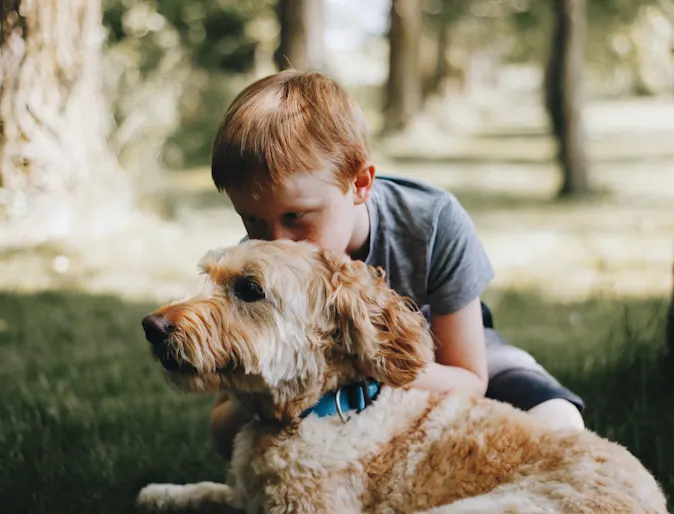
Teaching Children to Interact with Dogs Safely
Safety Tips
Most people love the idea of kids and pets together. There is nothing quite like growing up with a beloved furry sibling. However, as with all animals, safety is key in terms of interactions with our pets as well. Ensure that children are taught to respect Fido’s or Fifi’s boundaries, and adults should not allow children to be unsupervised around pets. This blog post focuses on safety tips for kids and dogs, and proactive tips for safe interactions.
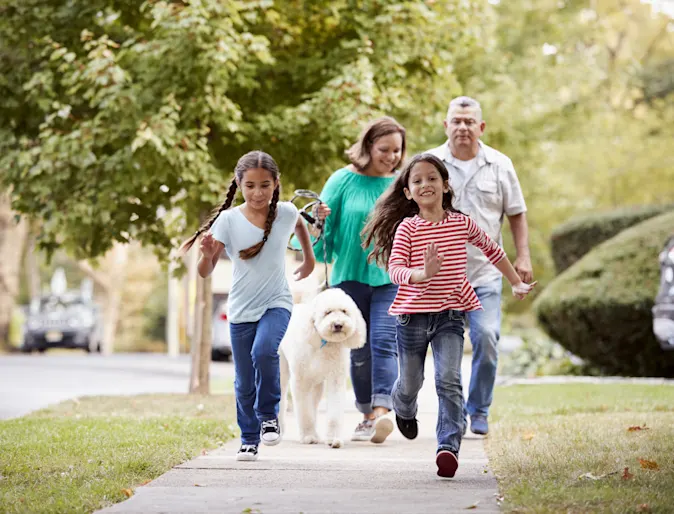
Back to School!
Pet Tips
It is almost back to school time! The change in routine and schedule can be disorienting for our pets. Here are some tips to help your canine and feline friends adjust to the most wonderful time of the year!
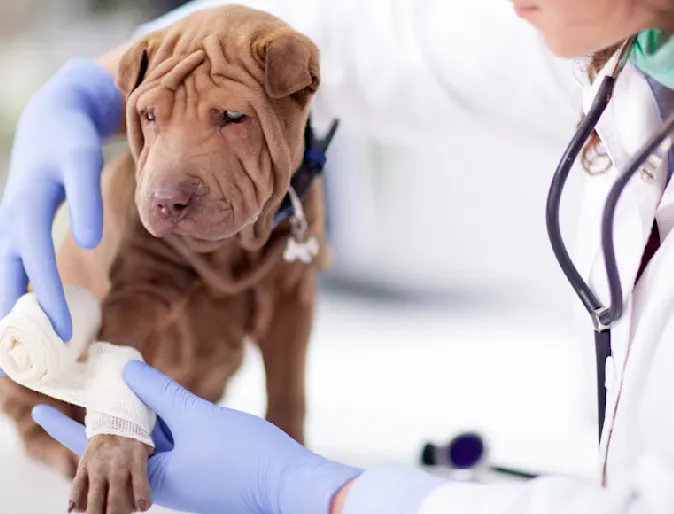
Signs of Pain in Cats and Dogs
Pet Tips
As veterinarians, veterinary technicians and veterinary support staff, we are often asked how to identify signs of pain in pets. September is Animal Pain Awareness Month. Read on below to understand how to identify signs of pain in your dog or cat, strategies for pain control, and the importance of effective pain management.
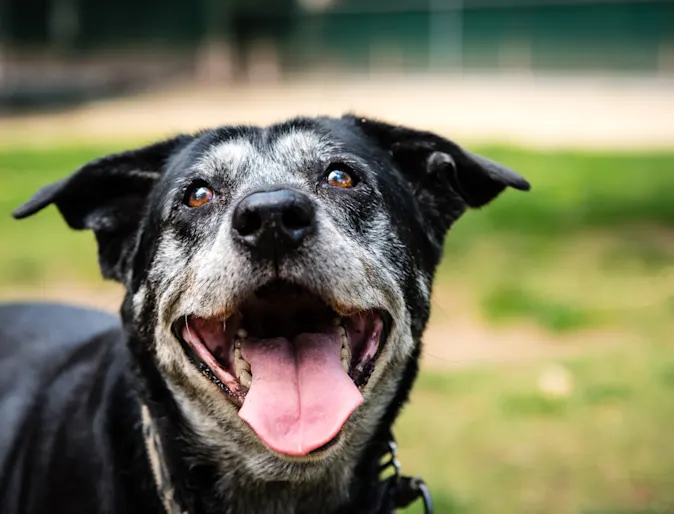
Rabies is Real
Pet Health
In honour of World Rabies Day, this is a blog post about the rabies virus and rabies prevention. Since 2015, 300 animals have tested positive for rabies in Hamilton. Rabies is 100% preventable with vaccination. The information below is provided by Hamilton Public Health and the Ontario government in their initiative to educate the public about rabies and the importance of vaccination.

Post-Surgical Recovery
Surgery
Your pet has just come home from surgery . . . what now? How necessary is that “cone of shame?” This blog post hopes to clarify some post-surgical concerns that pet parents often raise during the post-surgical healing period. Please note: this post contains graphic images of open incisions and infected surgical sites, which are potential consequences of poor surgical site maintenance.
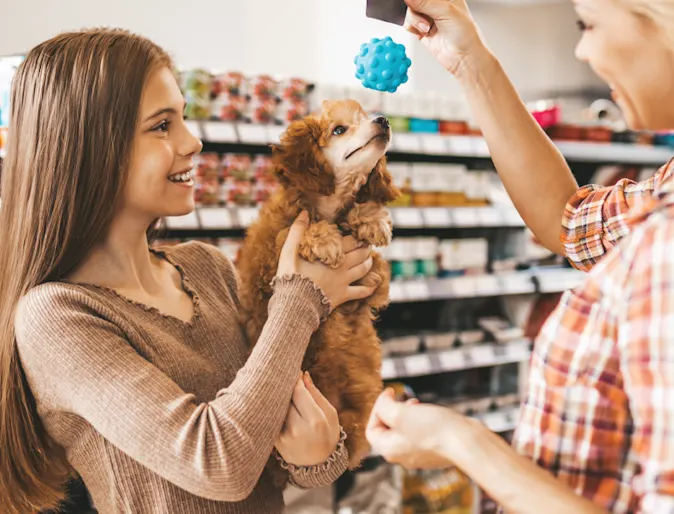
Over-the-Counter Pain Medications and Pets
Pet Health
With the wealth of information seemingly available on the internet, some pet owners feel inclined to treat their ailing pets with over-the-counter (OTC) medications formulated for humans. While their hearts are in the right place, the unintended consequences of administering human medications to pets are often unknown to these well-meaning pet parents. Much information derived from the internet is often false or interpreted incorrectly. In reality, most OTC medications available that are safe and appropriate for humans are toxic to pets. This blog post hopes to clarify why most OTC drugs are not appropriate for pets, and why these drugs are toxic to our furry friends.
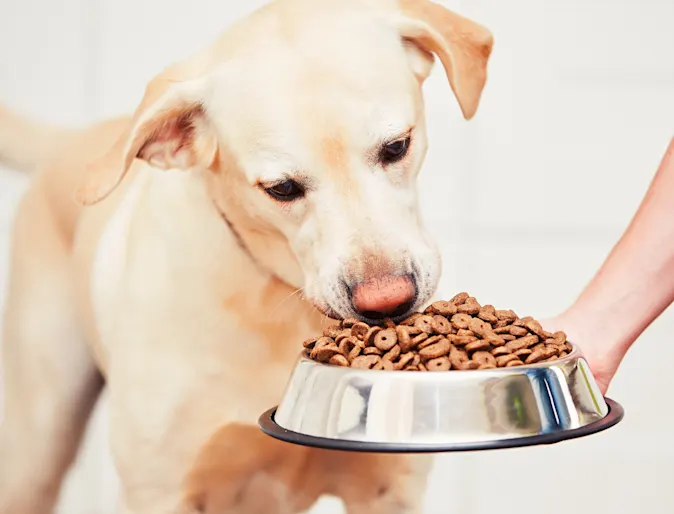
Sixteen pet food brands may be linked to increased risk of canine heart disease
Food
The Food and Drug Administration (FDA) has released a list of 16 pet food brands that may be linked to increased risk canine dilated cardiomyopathy (DCM). The investigation, which began in July 2018, was conducted to determine a cause of the drastic increase in reports of DCM in dogs, including breeds without genetic predisposition.

Cannabis and Pets
Pet Health
As of October 17th 2018, cannabis became legal in Canada for recreational use. Due to the potential increased access and exposure of pets to cannabis products and baked goods, pets may also be at a higher risk for possible cannabis toxicity. As illustrated by studies on the effect of legalization of marijuana in Colorado, the legalization of cannabis led to an increase of four times the number of reported cannabis toxicity cases in pets. In the past 6 years, the Pet Poison Helpline reports a 448% increase in marijuana cases.
